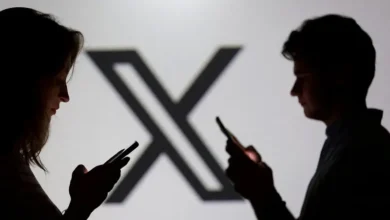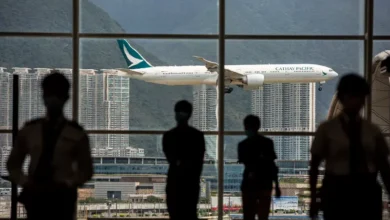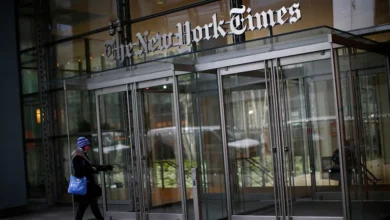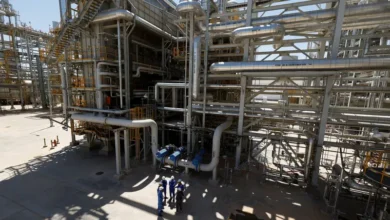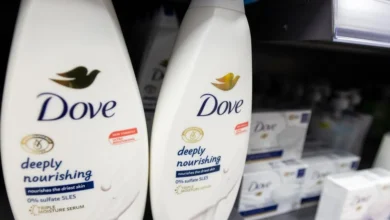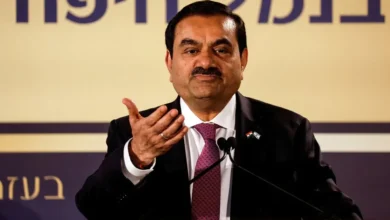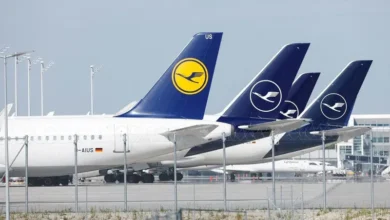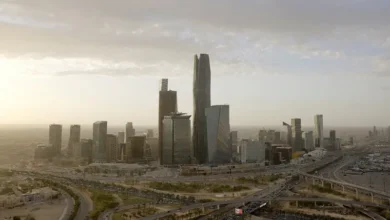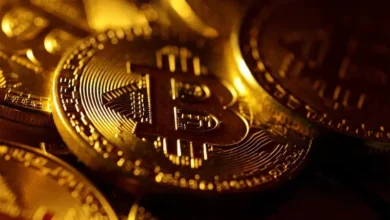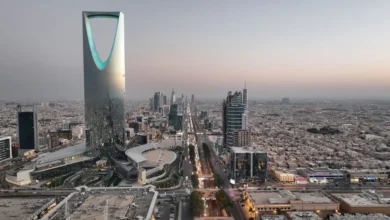Lebanon says conflict between Hezbollah, Israel cost the economy $20 bln
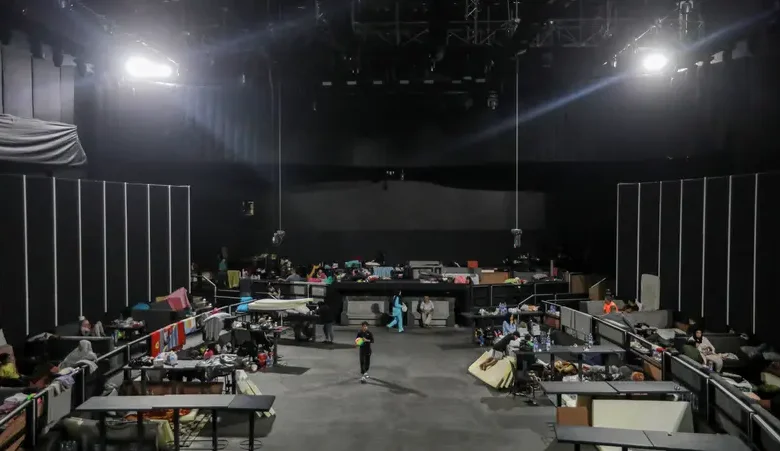
Lebanon’s economy minister said the conflict between Israel and Hezbollah has already cost his country $20 billion, a figure he expects to keep rising.
The estimate, which includes both direct and indirect costs, “can really triple or quadruple” if Israel widens its strikes to infrastructure such as airports and major roads, Amin Salam said in an interview in Washington on Thursday. Lebanon’s gross domestic product was around $18 billion in 2023, according to the World Bank.
The minister cited the near-total shutdown of tourism and agriculture, damage to buildings and a surge in unemployment among factors in his estimate. The government says that more than a fifth of the population of 5.5 million has been displaced, with many fleeing to neighboring Syria.
Even if there’s an immediate ceasefire, Lebanon would take at least three to five years to recover from the damage, said Salam, who was in the US capital for the International Monetary Fund and World Bank’s annual meetings.
The risks of social unrest are rising and that would have a destabilizing effect throughout the region, the minister said. Lebanon endured a devastating civil war from 1975 through 1990.
“We are really relying on the wisdom of the people and the love of their country to avoid a civil war,” he said. “It’s not in the interest of the Israelis and not in the interest of the region as a whole to turn Lebanon into a failed state because it’ll turn into a land of terrorism, a land of destruction.”
Hezbollah, an Iran-backed militant group in Lebanon, started firing missiles and drones into Israel last October in solidarity with Hamas as the war in Gaza erupted. Both Hamas and Hezbollah are designated as terrorist groups by the US.
While tens of thousands of Lebanese and Israelis were forced to leave the border areas between the two countries, hostilities were largely contained until around a month ago.
Israel stepped up its campaign against Hezbollah in September, saying diplomatic efforts to stop the group’s attacks had failed. It assassinated key Hezbollah leaders with strikes on Beirut, including long-standing chief Hassan Nasrallah, and sent ground troops into southern Lebanon.
Hezbollah is one of the most powerful militia groups in the world and the Lebanese state has little influence over its decisions.
Israel says its campaign is aimed at allowing its displaced citizens to return to the north and diminish the threat posed by Hezbollah.
The militant group has said it won’t back down and continues to fire missiles into Israel.
The Lebanese economy has been in crisis for years. Inflation is running at almost 35 percent and the country has defaulted on tens of billions of dollars of international bonds.
New US President
On Thursday, France said an international conference it hosted raised $1 billion for Lebanon, including $800 million in humanitarian aid and $200 million to support its security forces. It’s not clear how quickly the money will arrive.
Salam said he doesn’t expect fighting to end this year, but that the next US president — be it Vice President Kamala Harris or former President Donald Trump — would likely push for a quick cease-fire.
“My reading is that before the new president takes office, that aggression, that striking of Lebanon will continue,” he said. “And then by the time the new president walks into the White House, I think we will have a serious cease-fire.”
